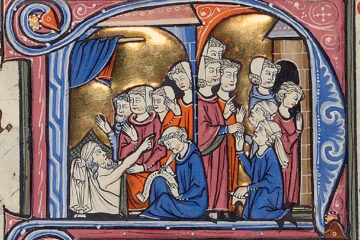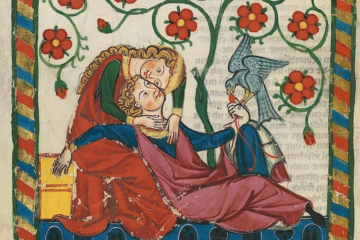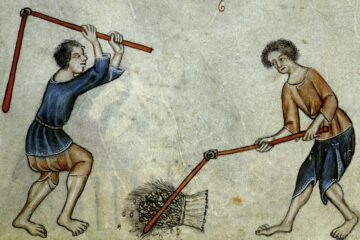Immediately following the Fifty Years’ War, the City of Rosewood, along with its neighboring towns, Forechester, Shelby, and Kington, banded together into a loose economic union. The urban settlements pooled what resources they could in order to aid each other’s reconstruction and eventual expansion. During the Restoration, the Egerthian League became one of the primary reasons for Rosewood’s economic rebirth. The League was originally a loose alliance of settlements created in order to combat the rampant banditry in the area following the end of the war. However, with time, the alliance took on a more formal structure and started to expand itself and its influence. As the endpoint of the Silk Road, it sought to eliminate as much competition as possible by merging multiple trade centers with the most powerful one in the region, Rosewood. Before long, merchants from the towns of the Egerthian League were exempt from many taxes and enjoyed special diplomatic privileges within the Capital.
Near the end of 1221, the Egerthian League convened in Rosewood and set up a centralized internal structure. The guilds in Rosewood, Forechester, Shelby, and Kington merged into themselves. After 1221, there are only Egerthian Guilds, no Rosewoodian, or Shelbian ones. Their power is concentrated within the Capital of course, with each guild having its own High Representative within the towns, while the Guildmasters resided and remained in the City of Rosewood. What’s more, a Magistrate is chosen from among the Guildmasters, rotating every year. The Magistrate is the highest authority within the League, even though it operates as a council; the Magistrate is just the first-among-equals and someone with direct contact with the Mayor of Rosewood, and the King of France.
Since it has benefited the realm, the Crown and Parliament have allowed for the Egerthian League to exist and continue its operations with minimal involvement. The Mayor and Magistrate will often work together for the benefit of the City. There is opposition to the League, claiming it is drawing trade away from the other towns and siphoning it to the Capital, but the disgruntled voices of the League’s opponents are drowned out by the coffers of gold that the Silk Road brings.
The members of the League have agreed to help each other in case of an attack, meaning to attack one means you will face all of them. This has deterred any attack from ambitious minor lords, but it has also secured peace among the Kingdom’s urbanitas. In addition to economic and military integration, the French Legal Code has been applied to the other members of the League, meaning any variations to it are now against the law. What is law in Rosewood, it is law in the rest of the League.
While there are artisans who are not part of the League, they are incentivized to join, as their business will flow easier. Artisans within the League drastically outnumber those who aren’t part of it. Most people will seek the aid of a League artisan over a non-League one due to their reliability and better rates.
As it stands, the League is a positive force driving many into a craft and providing them with the means to advance up the social ladder since almost anyone can become a Guildmember and Magistrate.


